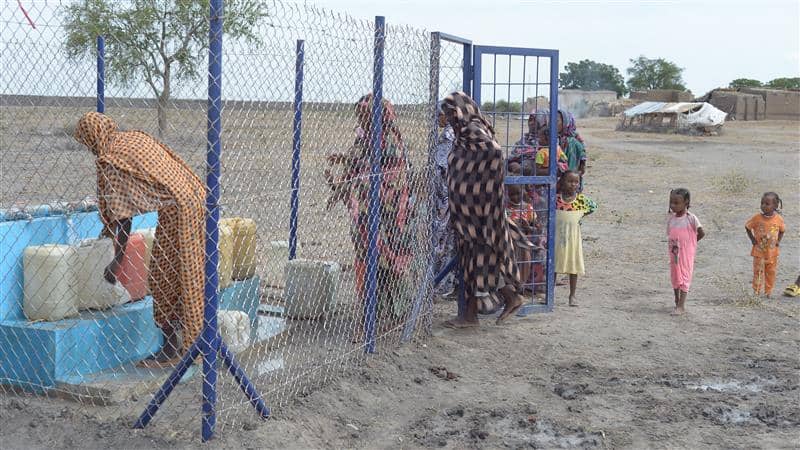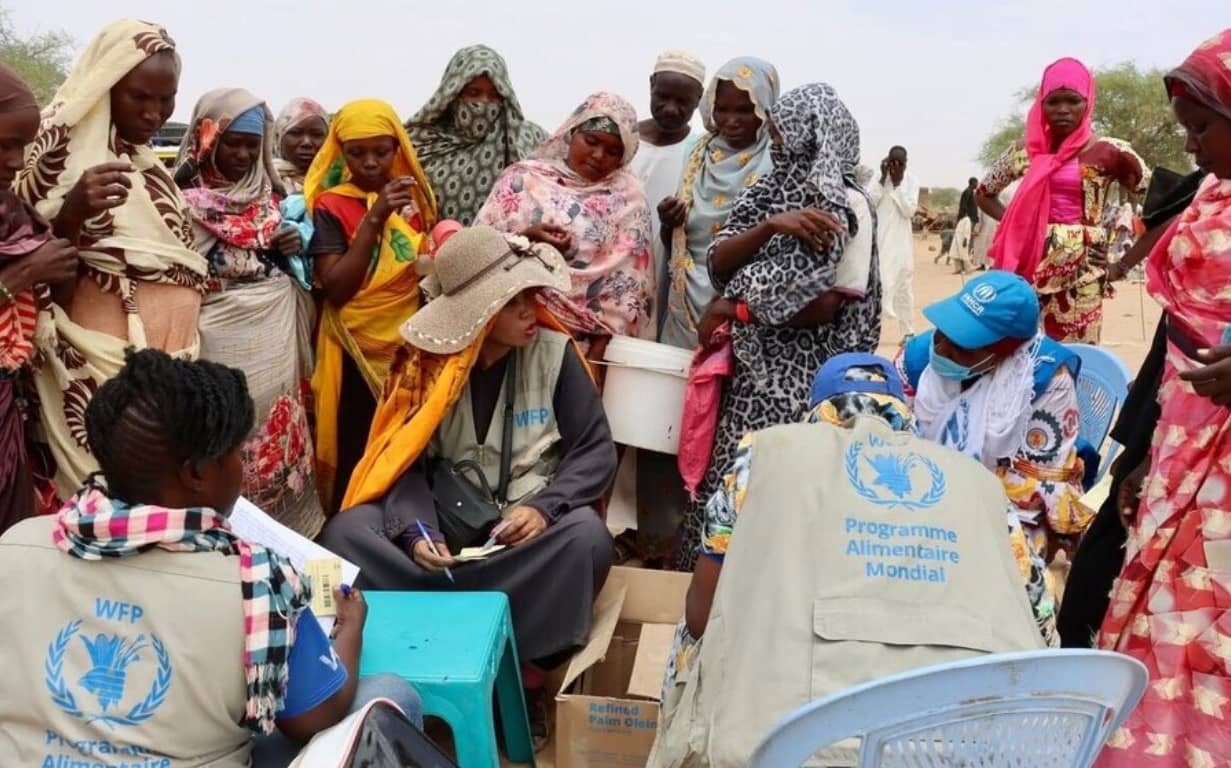YAOUNDÉ, Cameroon – As the children of Cameroon prepare to begin school on Monday, the bishops of the country’s strife-torn English-speaking regions are calling for peace so young people can get an education.
School boycotts began in October 2016, when lawyers and teachers went on strike in the two English-speaking regions of Cameroon over what they saw as the erosion of their educational and legal systems by the Francophone-dominated administration in Cameroon.
Teachers in the Anglophone regions raised a number of concerns, including the increasingly prominent use of French in schools based in the Anglo-Saxon tradition; the marginalization of Anglophone students when it comes to admission to professional schools; the francophonization of Anglophone universities; and the use of French-style exams – usually poorly translated into English – in the nation’s technical schools, leading to a high failure rate from Anglophone students.
Lawyers also held demonstrations, complaining about the increasing use of French in the country’s common law courts.
The protests grew into a full-scale armed rebellion, with separatists calling for an independent “Ambazonia” to be created from Cameroon’s Anglophone regions.
As one of their strategies, Ambazonian leaders have called for continuing the boycott of schools, claiming they were seen as forcing the French language on locals.
The call sparked a wave of school burnings, with hundreds of schools burned down. Hundreds of schools in the area have been also been abandoned.
The Catholic bishops of the Bamenda Ecclesiastical Province now think it would be “suicidal” for kids to be continuously denied their right to education.
Meeting in Bamenda from August 16-23, the bishops made a strong appeal for a cessation of hostilities, so children can go back to school.
“The school boycott for the past two years with another threat of a third year has had a deep negative impact,” the bishops said in what they called “a 9-Point Consolidation Message” to Christians, signed by all six bishops of the province.
They said wealthier people could still afford to send their kids to schools in French-speaking Cameroon or abroad, but poor children have either ended up joining rebel groups, are in hiding, or have become thieves or prostitutes.
The bishops said only an irresponsible society would compromise the irrevocable right of children to education.
Ambazonia leaders have sent mixed signals in response, recognizing the right of parents to send their children for an education, but insisting the Ambazonia Defense Forces can’t guarantee the children’s safety.
Besides the question of school resumption, the bishops also expressed the concern about the worsening Anglophone crisis, and the reports of several war crimes by both government forces and the separatist fighters.
The government has been accused of razing entire villages and extrajudicial killings in their hunt against separatists, while the rebels have also been accused of atrocities, and have attacked Cameroonian security forces, and kidnapped opponents for ransom.
Caritas Internationalis has reported the conflict has forced 160,000 people out of their homes into the bush and a further 26,000 to cross into Nigeria.
“We have noticed with utter dismay and grief in our hearts, that the number of people who are summarily and extra-judicially killed are executed by both the forces of law and order and Amba boys,” the bishops’ statement said, using the colloquial name for the separatists.
“In all honesty, no one can say with certainty how many people have been killed since many are killed and disposed of immediately in gutters, in bushes, in water or simply buried in mass graves. There has been continued unjustified use of fire arms and detention of innocent civilians, destruction of property, homes and public utility buildings and extortion of people. It has been a reign of terror and horror, and we are living permanently in fear,” the bishops said.
The bishops also noted the recent murder of Father Alexander Sob, stating clergy have become targets in the conflict, “even when they are clearly vested in religious attire.”
“In this situation, the local church is sandwiched between the warring parties,” the bishops continued.
The bishops said their hearts go out to the dead, the wounded and those who have sought refuge across the country’s borders, or with relatives in less troubled regions of Cameroon.
The bishops declared that all Fridays would be observed as ‘Days of Mourning’ “in solidarity with the suffering and for the eternal repose of those who have died in this crisis.”
Colonial roots of the Anglophone crisis in Cameroon
Cameroon’s bilingual and bi-cultural status derived from its colonial heritage. Initially administered as a German Protectorate in 1884, Cameroon would later be shared with France and Britain as League of Nations Mandates after Germany was defeated in the First World War.
The end of the Second World War and the establishment of the United Nations saw the two parts of Cameroon transition from mandated territories to UN Trust Territories.
In 1960, the northern part of Cameroon administered by France gained its independence. The southern part administered by Britain as part of Nigeria was in 1961 subject to a plebiscite in which they were offered independence by reuniting with their francophone Cameroonian “brothers” or by remaining part of Nigeria.
The results showed an overwhelming desire by English-speaking Cameroonians to reunite with the French-speaking part of Cameroon.
The “marriage” was guaranteed by a Federal Constitution that was ostensibly meant to preserve and protect the minority Anglophones and their colonial heritage. But in 1972 then-President Ahmadou Ahidjo organized a referendum that dissolved the federation in favor of a united republic, thereby removing the protections Anglophones enjoyed.
Cameroonian Opposition parties, the United Nations, and the nation’s Catholic bishops have called on the government and separatists to dialogue to solve the current crisis, but the Francophone-dominated government has long rejected the historical grievances of Anglophone Cameroonians, and the separatists say any talks should be overseen by an independent external body.
















